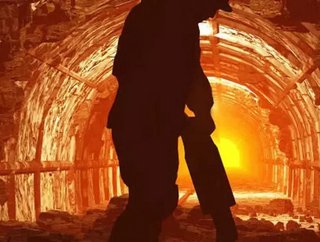African Mining Indaba: Nigeria on track for "exponential growth"

Nigeria expects its mining sector to account for 3% of GDP over the next five years from just 0.3% currently as the government seeks to diversify the economy away from oil.
Speaking yesterday at the African Mining Indaba in Cape Town, Nigeria’s minister for mines and steel development Olamilekan Adegbite, said he expects “exponential growth” in the mining sector, with gold, lead, zinc, limestone and coal among seven strategic minerals identified for investment.
He said the West Africa nation had already attracted $600mn to develop an iron ore project from African Natural Resources and Mines, the largest single mining investment in years, reports Reuters.
Nigeria has been trying to boost the sector as part of efforts to diversify its economy. But insufficient geo-data, weak infrastructure and limited enforcement of regulations has held the industry back.
“The short-term goal...is to raise the contribution of the mining sector from 0.33 percent to 3 percent within the next five years,” Adegbite said.
“We’ve seen steady growth ... and we’re now poised for exponential growth as investments start crystallising,” he told Reuters on the sidelines of the Mining Indaba.
SEE ALSO
African Mining Indaba: funding squeeze as green investing surges
Ghana beats South Africa to continent’s gold production crown
ImpactAgri is delivering sustainable agriculture projects across Africa to support inclusive farming
Read the latest issue of Mining Global here
Africa’s largest economy has largely untapped deposits of minerals including gold, tin and zinc but some 80% of mining is carried out on an artisanal basis. Gold in the north-western state of Zamfara is routinely smuggled out of the country illegally to neighbouring Niger and Togo.
Adegbite said the government would require mining companies to sign agreements with local communities, who remain unhappy with a perceived lack of development and benefits, before investing.
“We’ve learnt our lessons from the oil industry and we’re not repeating that mistake, so one of the major fundamental requirements before you can do anything in Nigeria is local community agreements.”






